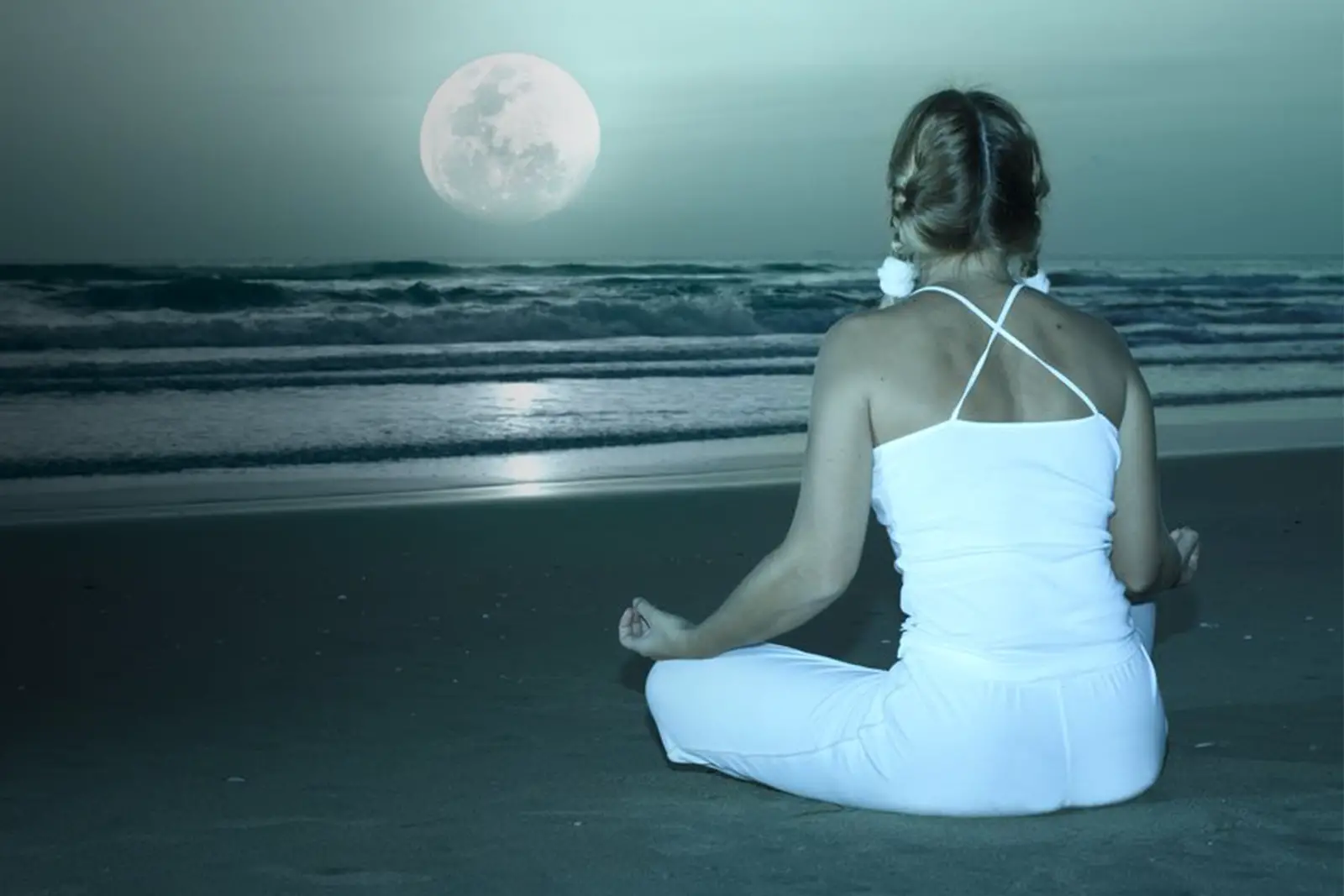Mindfulness means being present without distractions. It allows the mind to rest in its natural state of awareness and experience life as it unfolds, directly, and not lost in thought. It’s a way of living without the constant chaos of a busy mind. Sounds nice right?
Imagine being able to put aside the baggage, stories, judgments, and worries that take up so much space in your mind for good. When you integrate mindfulness into your life, this becomes possible.
How to Practice Mindfulness Daily?
Mindfulness simply means being aware. Being present and aware. It takes some effort to return to that natural state, we are so used to being distracted and multi-tasking all the time. But the effort I’m talking about isn’t taxing on your end, it just means you remember to notice when you’ve been distracted. You can start practicing this in your meditation practice, becoming aware of when you drift into thoughts, catch yourself, and come back to the breath.
In your daily life, you apply the same technique. Whether it’s eating, walking, cleaning, showering, opening a door, going for a run, brushing your teeth, whatever it is you simply remember to become present in the moment. You bring awareness to the task or activity in front of you.
Let’s look at eating a piece of fruit as an example.

Imagine you are eating an apple. It’s not something that takes more than a few minutes, so you’ll be able to maintain a sense of awareness throughout. Instead of eating an apple and thinking about a million different things, you will focus on the act of biting and chewing.
When you get your mind to focus only on this, you start to feel a little calmer.
That sense of direct focus is what calms and calms the mind.
Take your time to really experience what it’s like to eat an apple, when was the last time you were even aware of the way you bite and chew? When was the last time you fully tasted an apple how did you eat it?
See if you can even train your mind to be aware of the way you swallow and trace the movement or sensation down your throat and into your stomach.
If you notice your mind has wandered and you’ve drifted in thought during this time, this is good. Maybe you got bored or started to analyze the way you chew, maybe it made you think about your teeth and left completely.
None of that matters right now, these observations are still useful, as they teach you about your mind as it really is.
The result? As you begin to apply this mindfulness approach to everyday activities, you will find that it has a very calming and soothing effect on your mind. It makes you feel very present and is incredibly calming.
When you feel calm, you experience greater clarity.
You will begin to see how, why you think, and feel the way you tend to.
The unique patterns, habits and tendencies of the way your brain works will start to make sense to you.
And the result of all this? The ability to gain control and choose how you decide to live your life.
It will suddenly make you aware of how much power you have to direct your thoughts and emotions, responding to how you choose instead of feeling overwhelmed. In short it gives you sovereignty back over your mind and over your life.

Practicing mindfulness can completely turn your relationships around too. Many people think they are being present in the conversations and interactions they have, but the majority of us are thinking about the next thing, wondering about what we are going to say and not really listening and communicating 100% attentively.
When you practice mindful listening and mindful speaking, you truly feel a sense of connection. You are giving someone your full and undivided attention. What an incredible gift.
Mindfulness helps you feel empowered to live your life on purpose again.
I recommend practicing a combination of both meditation and mindfulness as they complement each other. When you meditate, you teach your mind that present moment awareness. This is what mindfulness is. That feeling becomes more and more familiar to you and you can begin to use it throughout your day and apply it to other parts of your life much more easily. In short, the best place to learn the skill of attention is during meditation practice.
Mindfulness teaches you to change the way you relate to your own mind. It is a huge transformation in the way you see and respond to your thoughts and feelings. The best way to do this is through repetition. When you practice meditation on a regular basis, you build a stable sense of present moment focus and begin to make it a natural response in your daily life.
Do you see how the two go hand in hand? Each practice helps you with the other. It is also important to try to maintain regular meditation and mindfulness, even when you don’t feel like it. As with any other skill, your confidence and skill will improve the more often you do it.



